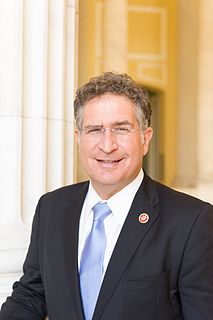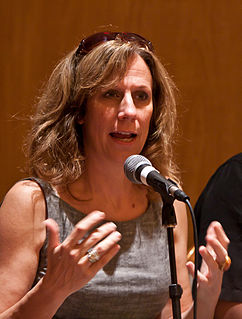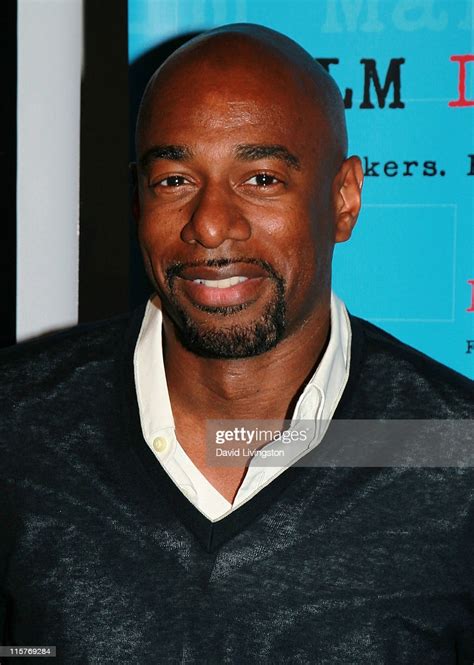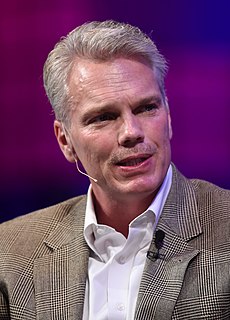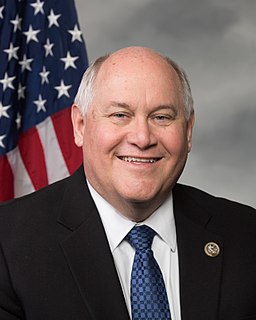A Quote by Sri Mulyani Indrawati
Being able to save, make non-cash payments, send or receive remittances, get credit, or get insurance can be instrumental in raising living standards and helping businesses prosper. It helps people to invest more in education or health care.
Related Quotes
The Affordable Care Act is a huge problem. [Repealing the ACA is] going to have huge implications. We have millennials that live in Boston that are on their parents' health insurance. The businesses have hired them and have been able to hire more people because they have been able to be on their own health insurance. We have seniors in our city who have preexisting conditions, or something called a "donut hole," which is a prescription drug [gap] in Medicare. Whatever changes they make could have detrimental effects on people's health care, but also on the economy.
We are unique among advanced countries that we don't have universal health care. My hope was that I was able to get a hundred percent of people health care while I was president. We didn't quite achieve that, but we were able to get 20 million people health care who didn't have it before. And obviously some of the progress we made is now imperiled because there's still a significant debate taking place in the United States. For those 20 million people, their lives have been better.
There's a transparency revolution sweeping the world. The more you can have transparency of payments, the more you'll be able to follow the money and the more you'll be able to see that payments for mineral rights in poor countries actually go to the people who need it, and don't get put into a kleptocrat's pocket. Transparency is terribly important for us.
Customer-driven innovation was at the core of Intuit's first product, 'Quicken,' and it continues to guide us as we look to solve new problems in areas like mobile payments. Products like Intuit 'GoPayment' and the IntuitPayment Network are helping small businesses get paid faster, keeping cash flow strong and their business healthy.



